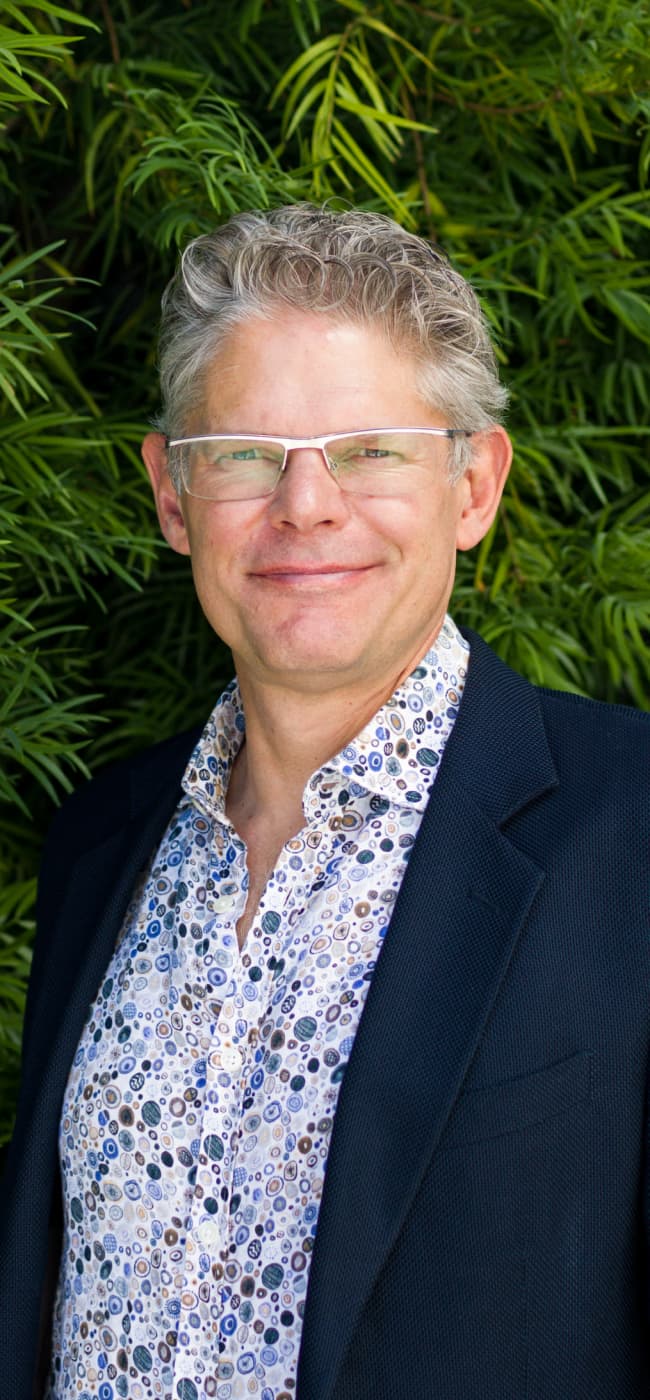
Clint Korver
...when the light bulb turns on and a big idea comes into focus.
I love learning, but I really love those aha moments when the light bulb turns on and a big idea comes into focus; especially if they lead to a “holy sh*t” moment, when I realize I will forever see the world differently because of this insight. Examples include:
- everything in our universe being made of molecules and atoms
- the mathematical concepts of 0 and infinity
- how our brains just aren’t wired to effectively process uncertainty
I love science fiction and how it extends a technology or a “what if” light-years beyond what is known today, and uses this imaginative context to reveal surprising insights about human nature.
I love entrepreneurs who think differently. Who leverage new frameworks and technologies to create insightful solutions to fundamental problems. Who shed the standard assumptions to solve problems based on first principles. Who have courage in their convictions because they’ve proven them to themselves. Who have the humility to change their minds when the evidence changes. And who value telling the truth to themselves and others because anything else erodes the foundation upon which knowledge, insight, and potential is built.
I want Ulu to be a safe haven for the one-eyed entrepreneurs—a space to take chances, build from first principles, and give themselves a shot at leveraging their unique insights into a better world.
After one day in Professor Ron Howard’s intro decision analysis class at Stanford, I was convinced I wanted to do a PhD with him in that area. Decision analysis is a framework for making high-quality decisions. It doesn’t fit in a standard academic discipline, as it is built on the first principles of how the human mind works, probabilistic reasoning, systems theory, ethics, and a number of other disciplines. Decision analysis helped me appreciate the bias inherent in my own decision making and how bad human intuition is about probabilistic reasoning, even for people who are good at math. Decision analysis leads to answers based on compelling foundational stories, not arbitrary numbers with no intrinsic meaning.
I graduated from Stanford with the personal mission to democratize decision analysis. I wanted to share my insights with the world, helping people and organizations improve their lives through better decisions. Through four different companies I co-founded, I trained thousands of executives in the principles of decision analysis; built software to support data-driven decision making in pharma R&D, oil and gas exploration, and financial services; and consulted to Fortune 500 companies and startups on a variety of strategic decisions. I co-authored a book with Professor Howard entitled Ethics for the Real World: Creating a Personal Code to Guide Decisions in Work and Life that was published by Harvard Business Review Press.
Through the first 15 years of my career I touched many people, but not as deeply as I would have liked.
Changing how one makes decisions—not a specific decision, but one’s decision framework—doesn’t usually happen by reading a book, implementing software, or being involved in a strategy project. Changing one’s decision framework is similar to realizing and mitigating one’s unconscious bias: it’s a humbling experience.
Venture capital offered an alternative way to use decision analysis to help people, one that aligned with my passions around entrepreneurship and independent thinking. Instead of helping others make better decisions through software, tools, or consulting, I am now focused on how Ulu can make better decisions about which startups to fund. Venture capital has so many decision-making problems when it comes to bias, diversity, disdain for data and analytics, hubris, misapplication of pattern matching, and so on that we feel like the one-eyed VCs in the land of the blind. If we are able to prove our viewpoints on investing in diverse entrepreneurs and the value of decision analysis in making decisions before someone locks us up for our crazy talk, we’re going to change the world.

